HOT TOPICS
-
THE PAPER CERTIFICATE DILEMMA...
Many shareholders have experienced difficulty in depositing stock into their brokerage account. Discount brokers no longer accept paper certificates, and many full service brokers restrict or deny paper certificate deposits as well. At the same time, most penny stocks are not eligible for electronic (DWAC or DRS) deposit through DTC. If a shareholder can neither deposit stock through physical or electronic means, what should he do? As the issuer of the stock, what can you do?
We understand the heart of these problems and have solutions for you. Some issuers move their business to ClearTrust for this reason alone. Contact us to learn how we can help.
-
HOW CLEARTRUST CAN HELP YOU GO PUBLIC...
We have extensive experience representing issuers who have gone public through both 15c-211 and reverse merger processes. Not only do we have the expertise and professional network available to assist you, but we are also one of the only independent transfer agents in the country fully equipped to help you through to the finish line. We offer:
General consulting and industry insight
Proactive solutions to resolve common pain points for new public issuers * Creation and delivery of stock to original shareholders
Guidance for educating and equipping your shareholders through the process of going public
Network of key professionals (financial statement preparation, legal counsel, SEC filings, market makers for 15c-211, participants for DTC eligibility sponsorship, brand imaging, XBRL filing, etc.)
-
15C-211 VS. REVERSE MERGER...
There are several pros and cons to both avenues of taking your business public. Contact us for insight.
-
XBRL FILING...
As of June 15, 2011, all reporting issuers are required to publish their financials in XBRL format. This technology transforms 10Qs and 10Ks into standardized, interactive data sources, allowing investors to compare apples to apples when evaluating different stocks. The setup and implementation of XBRL can be an expensive and time-consuming process for issuers. Fortunately, ClearTrust offers fast, affordable XBRL and EDGAR filing solutions tailored to meet the needs and budget of smaller issuers. Get started today.
Resources:
-
DTC & DWAC / FAST ELIGIBILITY...
There are two “levels” of eligibility at DTC. Paper (basic) Eligibility DTC will accept physical stock certificates for deposit from DTC participants. This is part of the certificate clearing process when stock is initially deposited into a brokerage account. The process can take several weeks. Once the stock is deposited through DTC (Cede & Co), the shareholder will be able to sell shares through his broker.
Electronic (DWAC/FAST/DRS) Eligibility DTC will accept shares for deposit “electronically” as opposed to “physically”. DTC participants can request shares from the transfer agent directly, and stock can be deposited into a brokerage account in a matter of days or hours as opposed to weeks.
Becoming DTC Eligible Basic DTC eligibility can only be obtained through a DTC participant sponsorship. Contact us and we’ll be glad to assist you.
Becoming DWAC/FAST Eligible Electronic eligibility is a request submitted to DTC by your transfer agent. DTC reviews each DWAC/FAST request carefully prior to approving or denying the request. Several factors weigh into their decision. For greater insight into this process and how we can help, contact us.
-
AGED CONVERTIBLE DEBT...
This is one of today’s regulatory hot topics, and for good reason. In the past, regulators have uncovered several cases where “aged debt” was fabricated and used to sell unregistered “free-trading” shares into the marketplace. The scam essentially amounts to printing free money, and is harmful not only to innocent investors but also to the integrity of the stock markets.
While "convertible aged debt" in and of itself is not necessarily wrong, we simply want to caution our clients that aged debt conversions can be red flagged in our industry by regulators, depository institutions, and compliance officers. Issuers should proceed with caution and only under the advice of quality legal counsel specializing in securities law.
Tips and Useful Information about Aged Convertible Debt:
Keep in mind that debt starts to “age” under Rule 144 when it can be converted into common stock. If a convertible feature is built into the original debt instrument, such as a convertible note, the debt is said to be “aging”. If the original debt instrument is not convertible, it is not “aging”. It goes without saying that all debt should be carefully recorded on your books from inception, and copies of any notes, assignments, and conversions should be kept on file. Just because an attorney is willing to write a legal opinion about convertible debt, doesn’t mean the conversion or subsequent resale is proper. It is best to have the issuer’s retained legal counsel review the facts carefully to form an opinion on whether or not the provisions of Rule 144 have been met. Outside counsel may not be aware of all the facts and circumstances surrounding the debt origination or conversion. If you do opt for outside counsel to write a legal opinion, ensure the attorney is qualified and knowledgeable in this area. A simple way to differentiate between a quality securities attorney and a letter-printing droid is to gauge how much due diligence he performs prior to writing the opinion. An opinion is only worth the work and expertise put into it. If he doesn’t ask you for any supporting paperwork – yikes. If you are contacted by a party interested in purchasing aged convertible debt, carefully consider your options and consult with your legal counsel. Not all that glitters is gold.
Legal Disclaimer: The information contained herein is general in nature, is not legal advice, and should not be treated as such. You must not rely on the information here as an alternative to legal advice from your attorney or other professional legal services provider.

